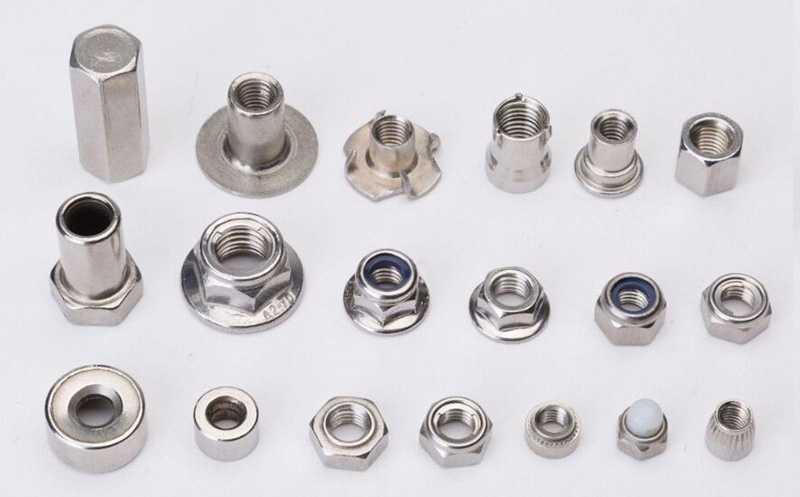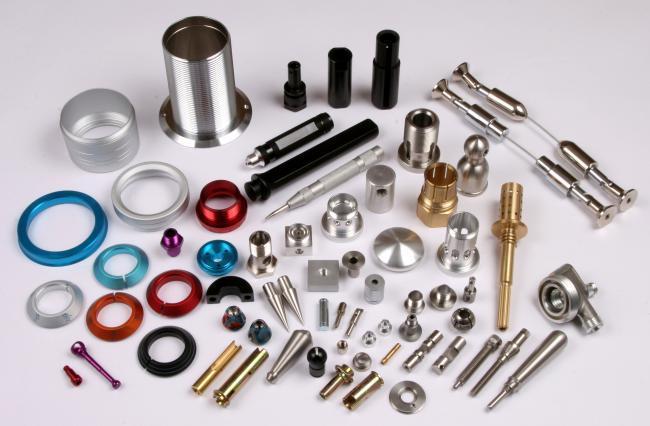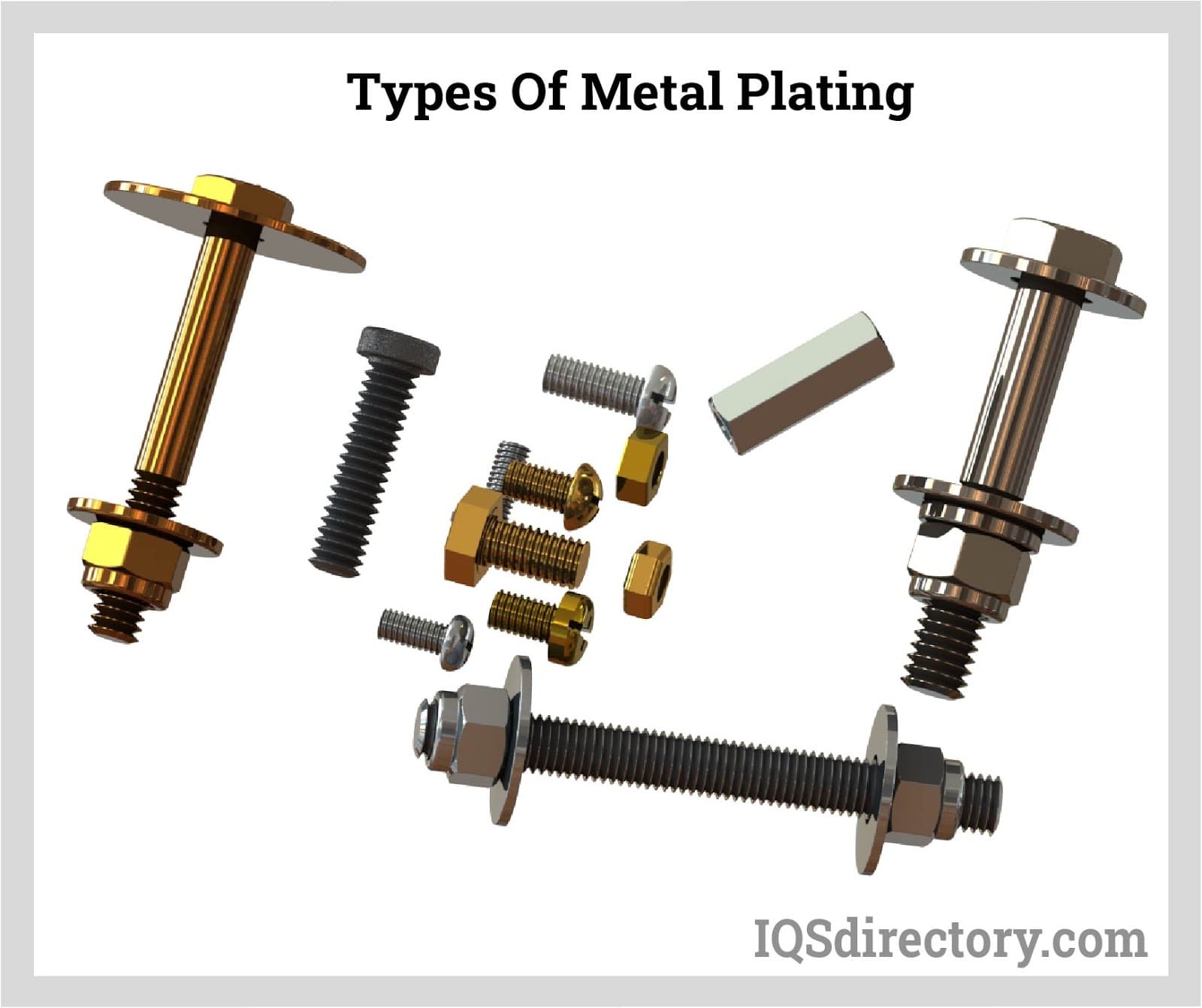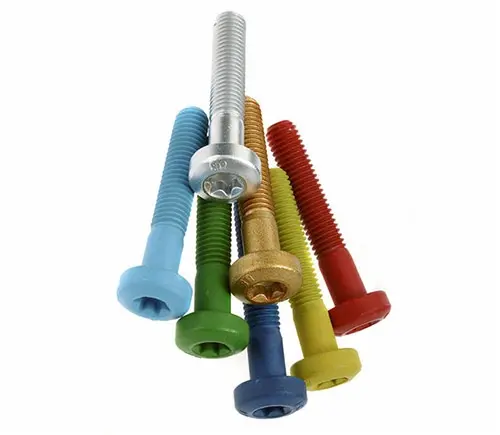
What’s the Difference between Bolts and Screws?
1. Difference
According to the thesaurus, there’s no difference between bolts and screws for these are regarded as synonyms of each other. As a professional fastener manufacturer, we’ve encountered many clients taking bolts as screws.

However, these two types of fasteners are not the same: screws are often tapered, which makes no need for pilot drill holes, while bolts if of no tapped shaft. On the other hand, screws often have a helical groove wrapped around a shaft while bolts usually come with a nut to stay secure.

2. Features of Bolts
Bolts are designed to be installed with a suitable nut. In the application, the bolt is pushed into a pilot drill hole and fixed and tightened using a nut at the back of the material. So a bolt will be longer than the thickness of the material and needs to protrude through the other side to screw into the nut.
During the application, bolts are fastened with a spanner or other tools that can grip the head while the nut is tightened.

3. Features of Screws
Compared with bolts of a straight shaft, screws are featured with a tapered shaft. There’s no need for pilot drill holes as the self-tapping or self-drilling point makes the screw more easily to be driven in. Unlike bolts which are tightened with nuts, the threads of screws make a secure grip on the material For this reason screws are shorter than the width of the material.
Screws come in a variety of sizes and types of threads for wood, metal, drywall, and even concrete applications.

4. Applications

Bolts usually come with nuts and also washers. The nut is used to fix the bolt while the washer is used to spread the load and reduce the wear while loosening the bolt. As we mentioned before, bolts require a handheld or pneumatic wrench to remove or install. In particular, a pneumatic wrench can provide much more torque than handheld tools.


On the other hand, screws are fastened with screwdrivers that fit the recess on the screw’s head. However, some kinds of screws require a wrench or sockets for the fastening. For example, hex head screws are fastened with sockets and hand drills.

As a professional fastener manufacturer, Lituo has been dedicated to producing screws and nails of high quality. We provide a great variety of screws for fastening works on different types of materials.






























